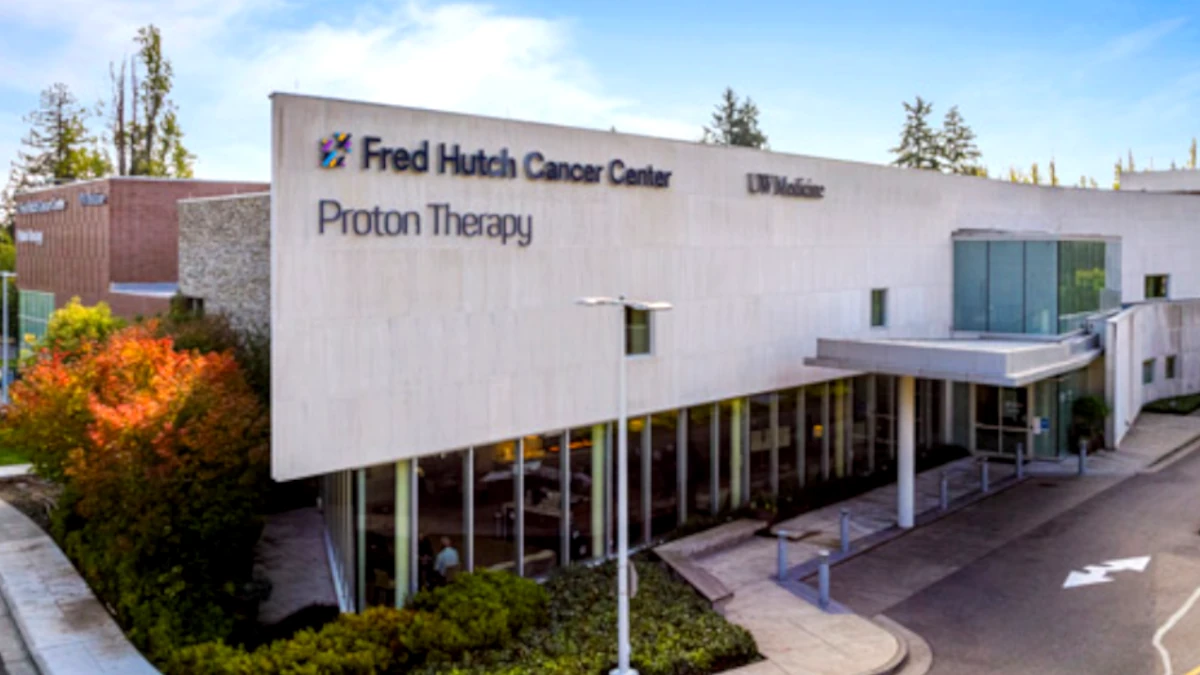Groundbreaking Gene Editing Therapy Offers Promising Path to Herpes Cure
Published on 26-05-2024 | Last updated on 26-05-2024
The experimental gene therapy, which utilizes viral vectors to deliver enzymes that act as molecular scissors to cut and eliminate HSV genes hiding in infected cells, has shown promising results in mice, as reported in a recent study published in the prestigious journal *Nature Communications*.
This websites contains affiliate links. As part of the Amazon Associates program, we may earn from qualifying purchases.
Viral shedding is the process by which the virus is transmitted to others, making this finding particularly significant in the quest to prevent the spread of herpes infections.
While often considered a nuisance, herpes infections can have serious consequences, such as increasing the risk of contracting HIV and potentially contributing to the development of dementia later in life.
Additionally, the social stigma surrounding herpes can lead to significant stress and anxiety for those living with the infection.
This is because herpes is a latent or persistent virus, meaning its DNA can integrate into the genomes of the human nerve cells it infects, staying put for life and randomly reactivating to cause more viral shedding and sores.
The researchers injected into the bloodstream a mixture of gene editing components packaged inside a modified virus shell, called a vector.
Once the vectors reach the nerve cell clusters harboring the latent herpes viruses, the molecular scissors get to work, literally 'snipping away' at two different spots in the herpes genetic code, cutting it up so badly that it becomes corrupted beyond repair.
The body's cellular repair systems then recognize the mangled viral DNA as a foreign object and destroy it.
Even more impressive, it also dramatically reduced the amount of infectious virus particles being shed from nerves, which is crucial for stopping the transmission of herpes through skin-on-skin contact.

This streamlined approach is not only effective at eliminating the herpes virus but also has fewer side effects on the liver and nerves, making it a promising candidate for future human trials.
They are collaborating with numerous partners and aligning resources to accelerate progress in the fight against HSV infections.



